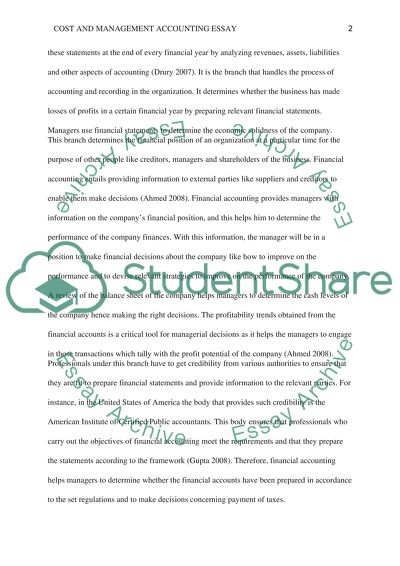Cite this document
(“COST AND MANAGEMENT ACCOUNTING ESSAY Example | Topics and Well Written Essays - 2000 words”, n.d.)
COST AND MANAGEMENT ACCOUNTING ESSAY Example | Topics and Well Written Essays - 2000 words. Retrieved from https://studentshare.org/finance-accounting/1463882-cost-and-management-accounting-essay
COST AND MANAGEMENT ACCOUNTING ESSAY Example | Topics and Well Written Essays - 2000 words. Retrieved from https://studentshare.org/finance-accounting/1463882-cost-and-management-accounting-essay
(COST AND MANAGEMENT ACCOUNTING ESSAY Example | Topics and Well Written Essays - 2000 Words)
COST AND MANAGEMENT ACCOUNTING ESSAY Example | Topics and Well Written Essays - 2000 Words. https://studentshare.org/finance-accounting/1463882-cost-and-management-accounting-essay.
COST AND MANAGEMENT ACCOUNTING ESSAY Example | Topics and Well Written Essays - 2000 Words. https://studentshare.org/finance-accounting/1463882-cost-and-management-accounting-essay.
“COST AND MANAGEMENT ACCOUNTING ESSAY Example | Topics and Well Written Essays - 2000 Words”, n.d. https://studentshare.org/finance-accounting/1463882-cost-and-management-accounting-essay.


